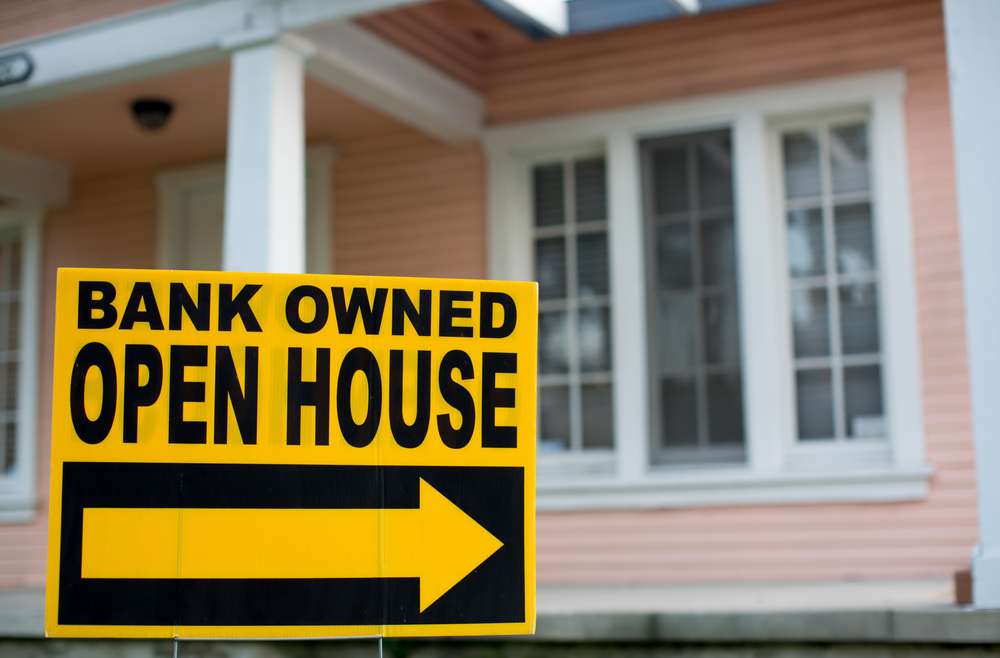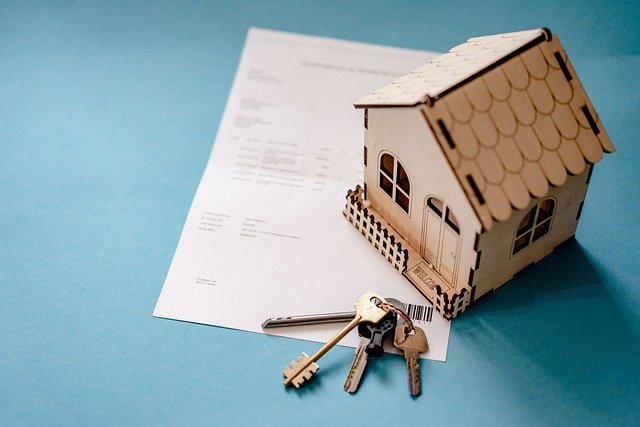Understanding Home Value: What Your Property Is Really Worth
Determining the value of your home is a crucial step whether you're planning to sell, refinance, or simply want to understand your net worth. Home valuation isn't just about what you paid for the property—it's a complex calculation influenced by multiple factors that change over time. The housing market is dynamic, with property values fluctuating based on economic conditions, local market trends, and specific property characteristics. Understanding how these elements affect your home's value can help you make informed decisions about one of your most significant investments.

How to Check My House Price Accurately
Checking your house price involves more than just looking at nearby sale prices. Professional valuations typically consider your property’s location, size, condition, and unique features. Online valuation tools offer a convenient starting point, using algorithms that analyze public records, recent sales data, and property characteristics to estimate value. However, these automated valuations may miss nuances that affect your specific property’s worth.
For a more accurate assessment, consider getting a comparative market analysis (CMA) from an estate agent or hiring a professional surveyor. A CMA examines recently sold properties similar to yours in the same area, making adjustments for differences in features. Professional surveyors provide detailed reports that banks and mortgage lenders often require, offering a more thorough evaluation of your property’s condition and value.
What Is My House Worth Right Now?
The current value of your house depends on numerous factors beyond the original purchase price. The location continues to be one of the most significant value determinants—properties in desirable neighborhoods with good schools, low crime rates, and convenient amenities typically command higher prices. Your property’s size, layout, and usable space also significantly impact its worth, with larger homes generally valued higher, especially if they feature practical layouts.
The property’s condition plays a crucial role too. Well-maintained homes with modern updates typically fetch better prices than those needing extensive repairs. Recent home improvements such as kitchen renovations, bathroom updates, and energy-efficient upgrades can increase value, though not all improvements offer equal returns on investment. The broader economic environment, including interest rates, employment levels, and consumer confidence, also influences property values by affecting buyer demand and purchasing power in the real estate market.
Using a Property Value Calculator By Address
Property value calculators provide convenient estimates based on your address and available public data. These tools typically gather information from tax assessments, previous sales, and public records to generate automated valuations. Most calculators require basic information like your full address, square footage, number of bedrooms and bathrooms, and recent improvements.
While these tools offer quick estimates, they vary in accuracy depending on the quality and quantity of data available for your area. Urban properties in active markets tend to have more accurate valuations than rural properties with fewer comparable sales. Most calculators provide a value range rather than a specific figure, acknowledging the inherent uncertainty in automated valuations. For the most reliable results, compare estimates from multiple calculators, as each uses slightly different algorithms and data sources.
How Much Is My House Worth Now? Timing Considerations
Your home’s value isn’t static—it changes with market conditions and over time. Seasonal patterns often influence property values, with spring and summer typically showing more buyer activity and potentially higher prices in many markets. The housing supply in your area affects values too—limited inventory generally drives prices up as buyers compete for available properties.
Economic cycles significantly impact property values. During economic expansions, growing employment and rising incomes typically boost housing demand and values. Conversely, recessions can decrease demand and values. Interest rates directly affect affordability—lower rates enable buyers to qualify for larger mortgages, potentially increasing demand and prices, while higher rates can have the opposite effect. Tracking these factors can help you determine the optimal timing for selling or refinancing.
Understanding Property Values By Address in Your Area
Local factors often have the most direct impact on your property’s value. Neighborhood quality, including school ratings, crime statistics, and proximity to amenities, directly influences desirability and value. Infrastructure improvements like new transit lines, parks, or commercial developments can boost nearby property values, while certain developments like industrial facilities might have the opposite effect.
Local regulations and planning decisions affect property values too. Zoning changes, building restrictions, or preservation districts can either limit or enhance development potential, subsequently affecting property values. Environmental factors, including flood risks, proximity to hazards, or soil conditions, may also impact valuations. Understanding these local influences helps explain why similar properties in different locations can vary significantly in value.
The Cost of Professional Property Valuations
When seeking accurate property valuations, many homeowners turn to professional services. These services vary in price depending on the level of detail and expertise required.
| Valuation Service | Provider Type | Cost Estimation (£) |
|---|---|---|
| Online Automated Valuation | Property Websites (Rightmove, Zoopla) | Free - £20 |
| Estate Agent Valuation | Local Estate Agents | Free - £200 (often free if considering selling) |
| RICS Homebuyer Report | Chartered Surveyors | £400 - £1,000 |
| RICS Building Survey | Chartered Surveyors | £700 - £2,000 |
| Mortgage Valuation | Lender-appointed Surveyors | £150 - £1,500 (often included in mortgage fees) |
Prices, rates, or cost estimates mentioned in this article are based on the latest available information but may change over time. Independent research is advised before making financial decisions.
Understanding your home’s true value requires considering multiple factors and potentially consulting various resources. While online tools provide convenient starting points, local market knowledge and professional assessments offer more accurate valuations. The dynamic nature of property values means that any valuation represents a snapshot in time rather than a permanent figure. By considering both broad economic trends and property-specific characteristics, you can develop a realistic understanding of what your house is worth in the current market. Regular reassessments are advisable, especially when market conditions change significantly or when you make substantial improvements to your property.




